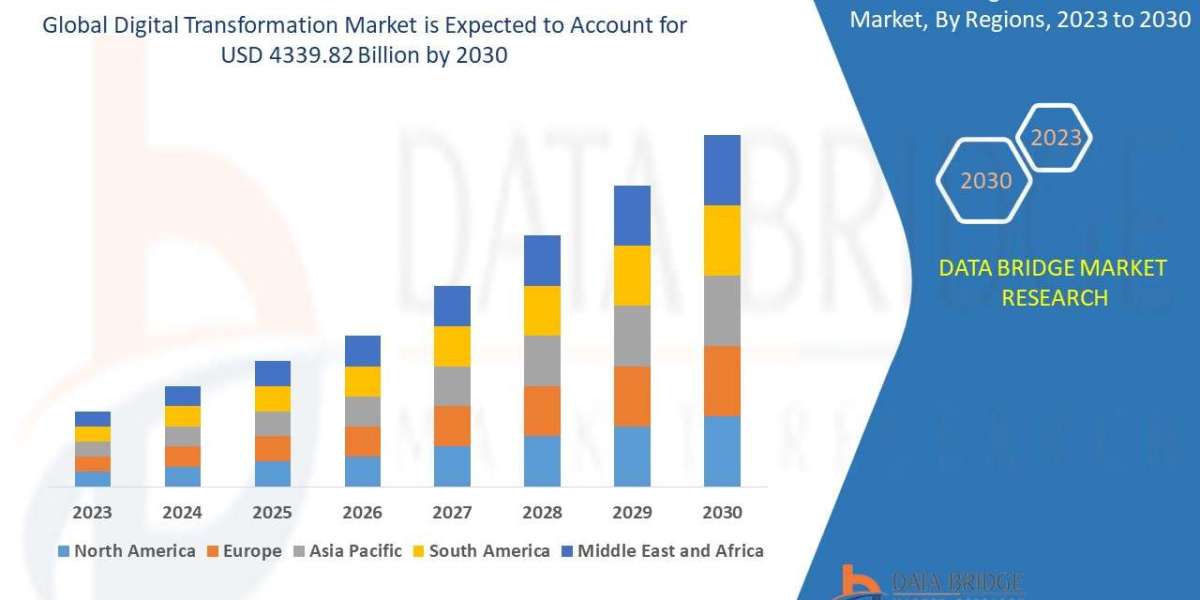1. Supply Chain Management:
Blockchain is transforming supply chain management by providing transparency and traceability. Each transaction or movement of goods is recorded on the blockchain, creating an immutable audit trail. This ensures the authenticity of products, reduces fraud, and enables rapid tracking of products from source to destination.
2. Digital Identity:
Blockchain can offer a solution to the growing problem of identity theft and fraud. Users have greater control over their digital identities, and their data is stored securely on a blockchain. This can simplify identity verification and reduce the risk of identity-related fraud.
3. Smart Contracts:
Smart contracts are self-executing contracts with the terms of the agreement between buyer and seller being written directly into code. They automatically execute when predefined conditions are met, eliminating the need for intermediaries in various industries such as real estate, insurance, and legal services.
4. Voting Systems:
Blockchain can enhance the integrity of voting systems by providing a secure and transparent way to record and count votes. This technology has the potential to reduce election fraud and increase trust in the democratic process.
5. Healthcare Records:
Blockchain can be used to securely store and share patient healthcare records. Patients have control over who accesses their records, which can improve healthcare coordination and data security.
6. Intellectual Property Protection:
Artists, writers, and content creators can use blockchain to protect their intellectual property rights. Smart contracts can automate the payment of royalties when their work is used, ensuring creators receive fair compensation.
7. Cross-Border Payments:
Blockchain technology enables fast and cost-effective cross-border payments and remittances. This reduces the need for traditional financial intermediaries and associated fees.
8. Tokenization of Assets:
Assets such as real estate, art, and company shares can be tokenized and represented on a blockchain. This increases liquidity and accessibility to a wider range of investors.
9. Food Safety:
Blockchain helps to ensure food safety by tracing the origin of food products, identifying contamination sources quickly, and enabling recalls in case of issues.
10. Energy Trading:
In the energy sector, blockchain supports peer-to-peer energy trading. Producers of renewable energy can sell excess power directly to consumers, cutting out traditional energy companies.
11. Education:
Blockchain can be used for verifying educational credentials. Academic records and achievements can be securely stored, reducing fraud in the education industry.
12. Music Rights and Royalties:
Blockchain technology simplifies the tracking and distribution of music royalties to artists and rights holders. Smart contracts can automate royalty payments based on usage.
13. Agricultural Supply Chains:
In agriculture, blockchain enhances transparency, enabling consumers to trace the journey of products like coffee and cocoa from the farm to their cup, ensuring fair trade and sustainability.
14. Legal and Notary Services:
Blockchain can be used for notarizing documents and managing legal contracts, ensuring the authenticity and immutability of legal records.
15. Public Records:
Government agencies are exploring blockchain for maintaining public records such as land deeds, birth certificates, and business licenses, improving data integrity and reducing corruption.
Conclusion:
The applications of blockchain technology continue to expand as the technology matures and industries recognize its potential to improve security, transparency, and efficiency in various processes. The versatility of blockchain makes it a transformative force in a wide range of sectors, promising to reshape traditional systems and enhance trust and accountability.








